

ASD is a complex neurodevelopmental condition that manifests differently in each individual impacting social interactions, communication and behaviour. While the exact causes of autism remain unclear, research suggests that both genetic and environmental factors are to blame. In recent years there has been increased interest in nutrition and how it can support individuals with autism.
ASD is a lifelong developmental condition that affects how individuals can perceive the world and interact with others. It is characterised by a wide range of challenges including difficulties with social communication and repetitive behaviour. ASD is a spectrum condition meaning that all individuals will share certain difficulties, the severity and combination will vary with each individual.


Improving nutritional intake through diet and supplementation may help support those individuals with ASD.
Here our some of our nutritionists’ recommendations…
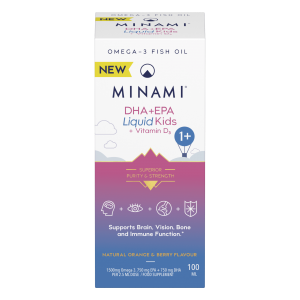
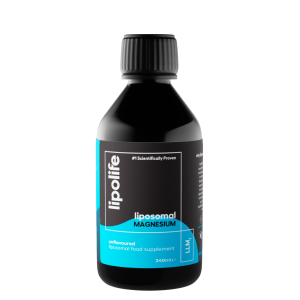

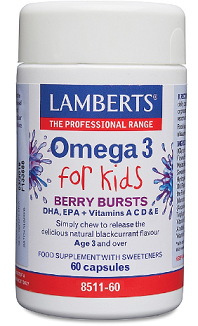
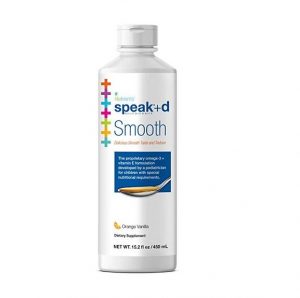

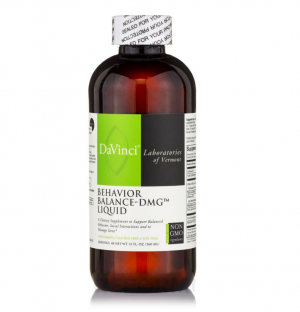
Accepting payments via


YourHealthBasket © 2025
detoxpeople Ltd
Registered in England & Wales 07156741
VAT reg GB 103 3641 60
Our new practitioner portal has been released and it’s now easier than ever to link a client’s account and provide them with suggestions using our new protocol system.
Convert your current cart into a protocol which can then be assigned to a linked client.